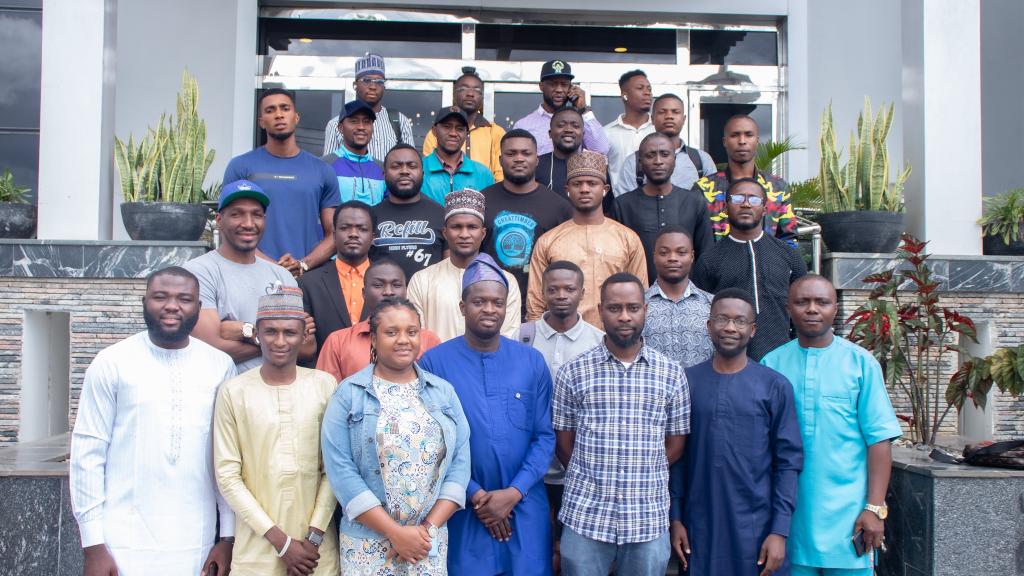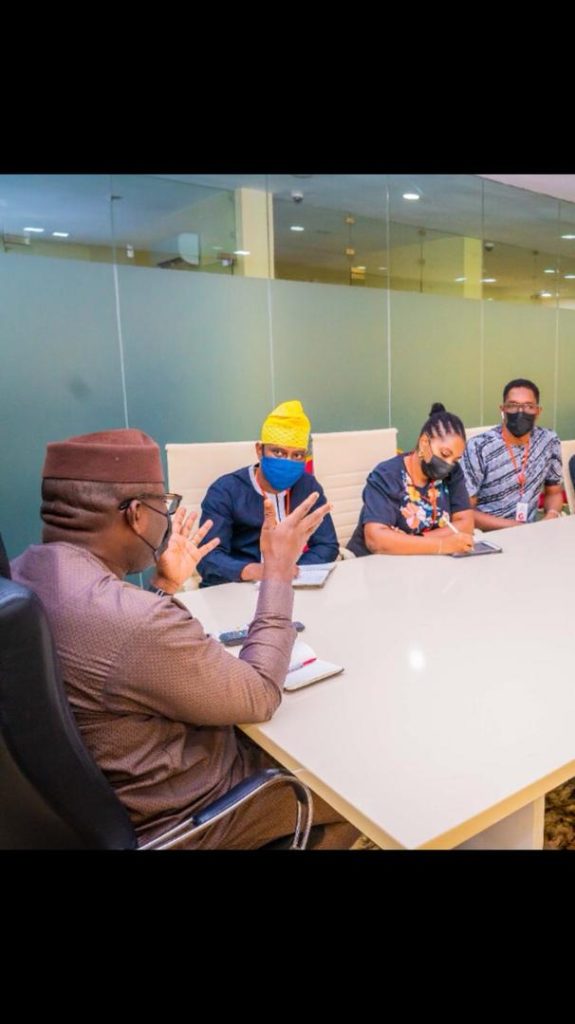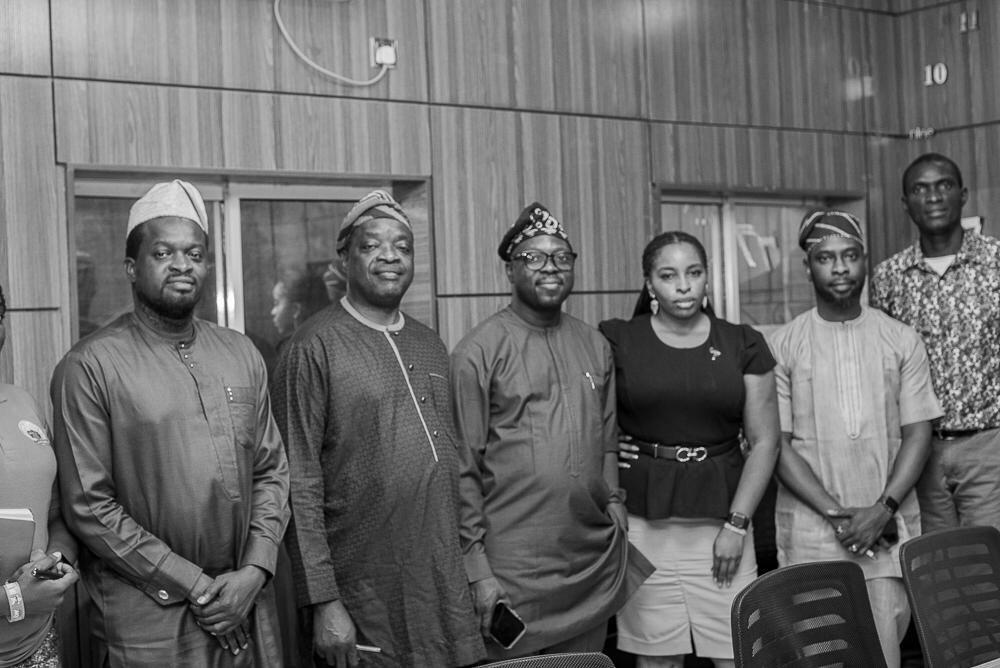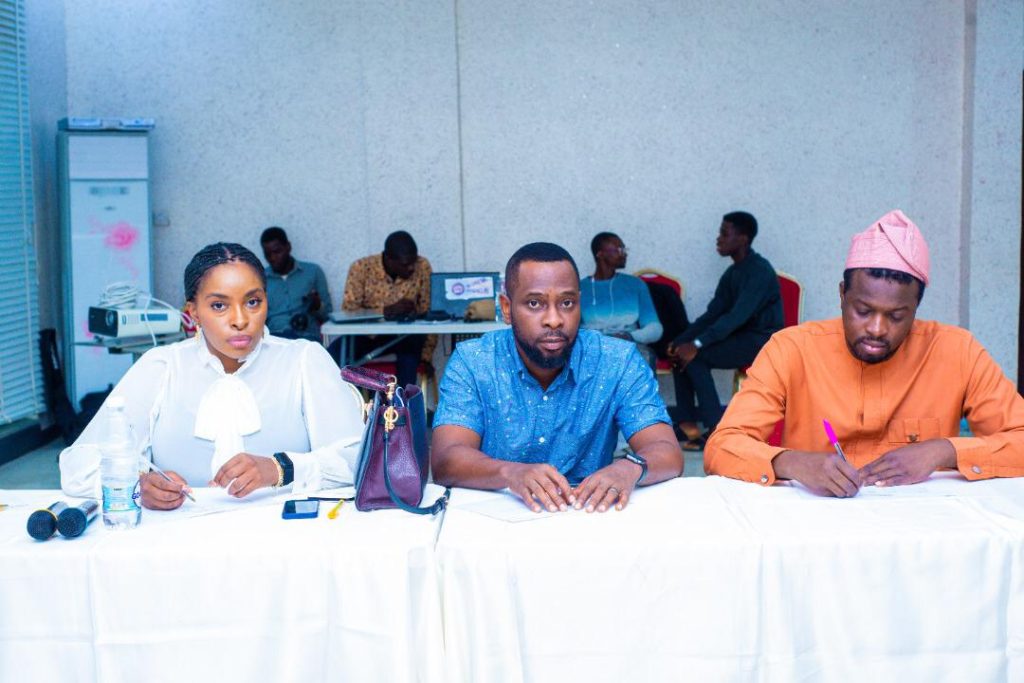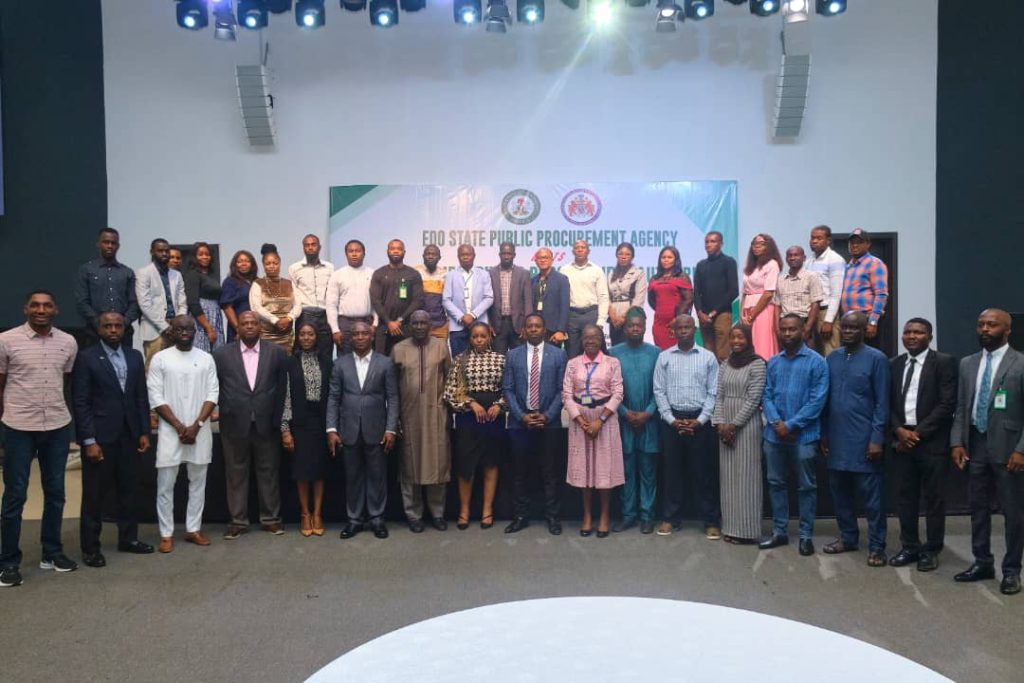As John D. and Catherine T. MacArthur Foundation marks three decades of working in Nigeria, Olusegun Adeniyi writes on its impact
The John D. and Catherine T. MacArthur Foundation was established in 1970 to support “creative people, effective institutions, and influential networks building a more just, verdant, and peaceful world.” Quite simply, its goal is to promote the public good. And in more than five decades, the Foundation has invested billions of dollars to support non-profit organisations in approximately 117 countries around the world. From the turn of the Millenium to date, the Foundation has granted an average of over $200 million each year to programmes that support higher education, the arts, mental health, human rights, population control, economic development, affordable housing, and justice administration reform.
As the Foundation celebrates three decades of work in the country (1994-2024) and marks the end of the On Nigeria Programme (2016-2024), it is appropriate to reflect on what has become a journey of productive partnership. It began at the height of the Sani Abacha military dictatorship when in January 1994, a group of scholars and activists gathered in Ibadan to celebrate the MacArthur’s Nigeria Office for the Population and Reproductive Health (PRH) Programme. Over the past three decades it’s grants have strengthened institutions of higher learning in Nigeria and promoted transparency and accountability in the public arena. It has also helped to advance human rights and the rule of law, equipped the vulnerable of our society with relevant skills to be able to stand on their own and improved the reproductive health of thousands of women and girls.
It is indeed remarkable that the MacArthur Foundation’s first grant portfolio under PRH supported individuals through the Fund for Leadership Development. Many recipients of the fund are now national and global leaders in the field of population and reproductive health, who are promoting innovative solutions to critical challenges. They are instrumental in changing the story of maternal service delivery and accountability, among other issues in reproductive health. The Foundation has also invested in gender equity and social inclusion (GESI) in Girls’ Secondary Education, the intervention has led to an increase in the enrolment of girls in schools, more inclusive classrooms across communities, and the amplified voices of girls, boys, and teachers.
Critically, from 2015 to January 2024, the MacArthur Foundation has invested over $150 million in its ‘Big Bet strategy’, aimed at more responsive government agencies and a stronger civil society. The idea was to lead collective action to test and enable laws and policies necessary to stay the course on accountability. By supporting the Administration of Criminal Justice Act/Law in the country, the Foundation believes that improved criminal justice procedures equitably protect historically disadvantaged groups from the repercussions of corruption. The MacArthur Foundation also supports efforts to strengthen anti-corruption agencies and implement a range of anti-corruption laws, policies, and practices that make it more difficult to commit corrupt acts.
The Foundation has assisted a diverse set of media outlets, academic institutions, entertainment companies and civil society organisations to tackle corruption in state institutions and agencies. These organisations share a common purpose and coordinate with each other to strengthen their collective impact. To achieve the desired result, Nigerian citizens, civil society actors, and other non-state actors—including historically disadvantaged groups—advocate for transparency and accountability, use redress mechanisms to act against corruption, and demand public services. The media and journalism component of the Foundation’s work seeks to strengthen investigative and data-driven journalism in Nigeria and reinforce the role played by independent media and individuals in revealing and documenting corruption.
The Foundation is not just a grant making organisation; it also teaches leaders and responsive collaborators and helps civil society to respond swiftly to shifts in the ecosystem. That much was demonstrated during the Covid-19 pandemic. It supports an array of Nigerian entertainment organisations as they explore corruption-related topics in their radio, television, and online programming and supports efforts by religious leaders and interfaith organizations to serve as anti-corruption champions and encourage dialogue at the intersection of corruption, accountability, and religion in Nigerian society.
But the Foundation could not have achieved so much in Nigeria without the commitment of Dr Kole Shettima. As Country Director for the MacArthur Foundation in Nigeria since 1999, Shettima has facilitated strategic interventions – from improvements in reproductive health, human rights, justice, secondary and higher education to accountability in our country. Perhaps because of his own humble beginning as the only child of a widowed mother in Machina, Yobe State, Shettima has chosen a life of advocacy for the underprivileged in our society as a reflection of his own life trajectory.
Undoubtedly, in 30 years the MacArthur Foundation has made an incredible impact through the deployment of its generous philanthropy. The Foundation’s sustained efforts have proven that persistent advocacy, strategic collaboration, and innovative approaches can result in meaningful progress as we can see in Nigeria.
Adeniyi is Chairman, THISDAY Editorial Board
Last modified: October 6, 2024



